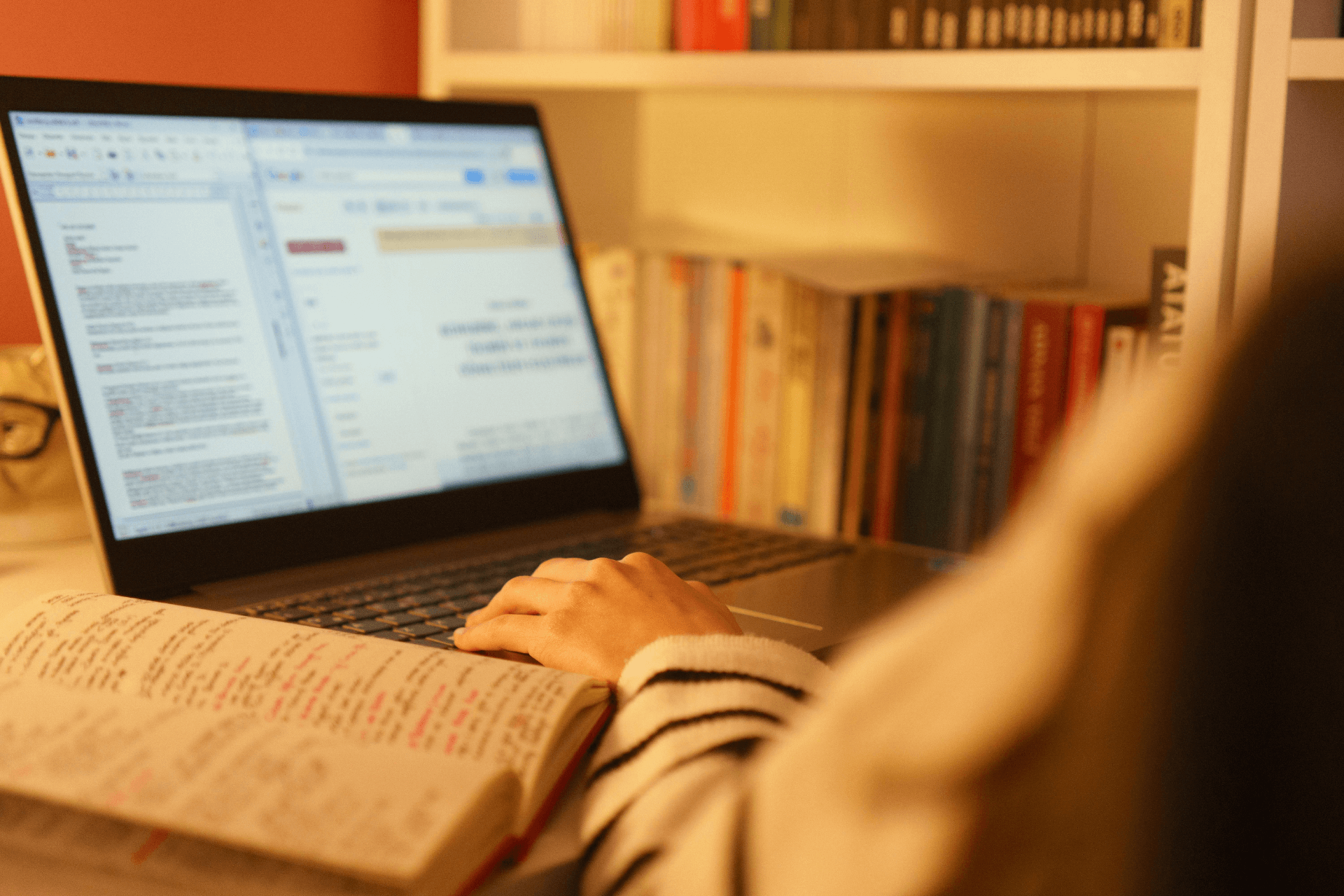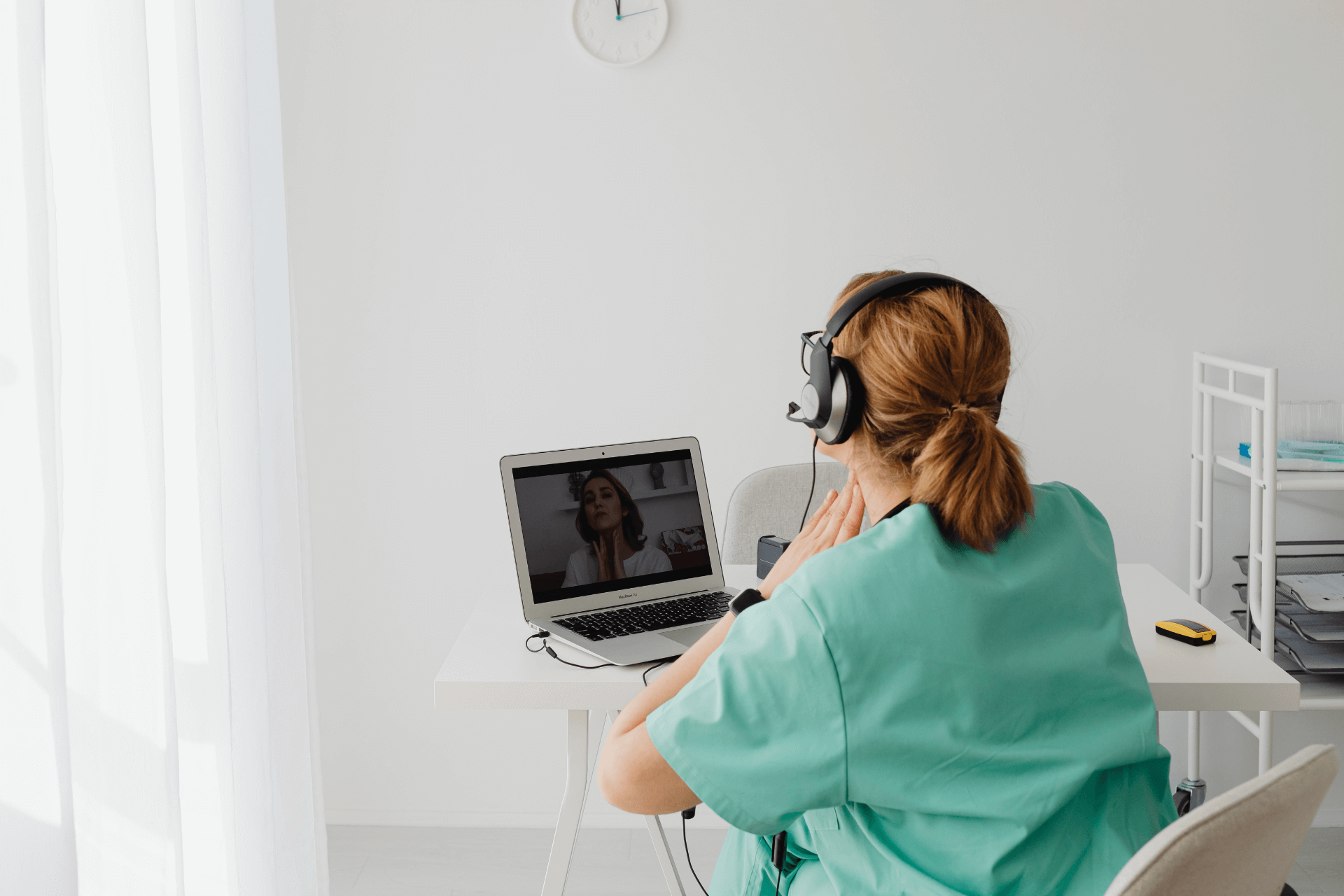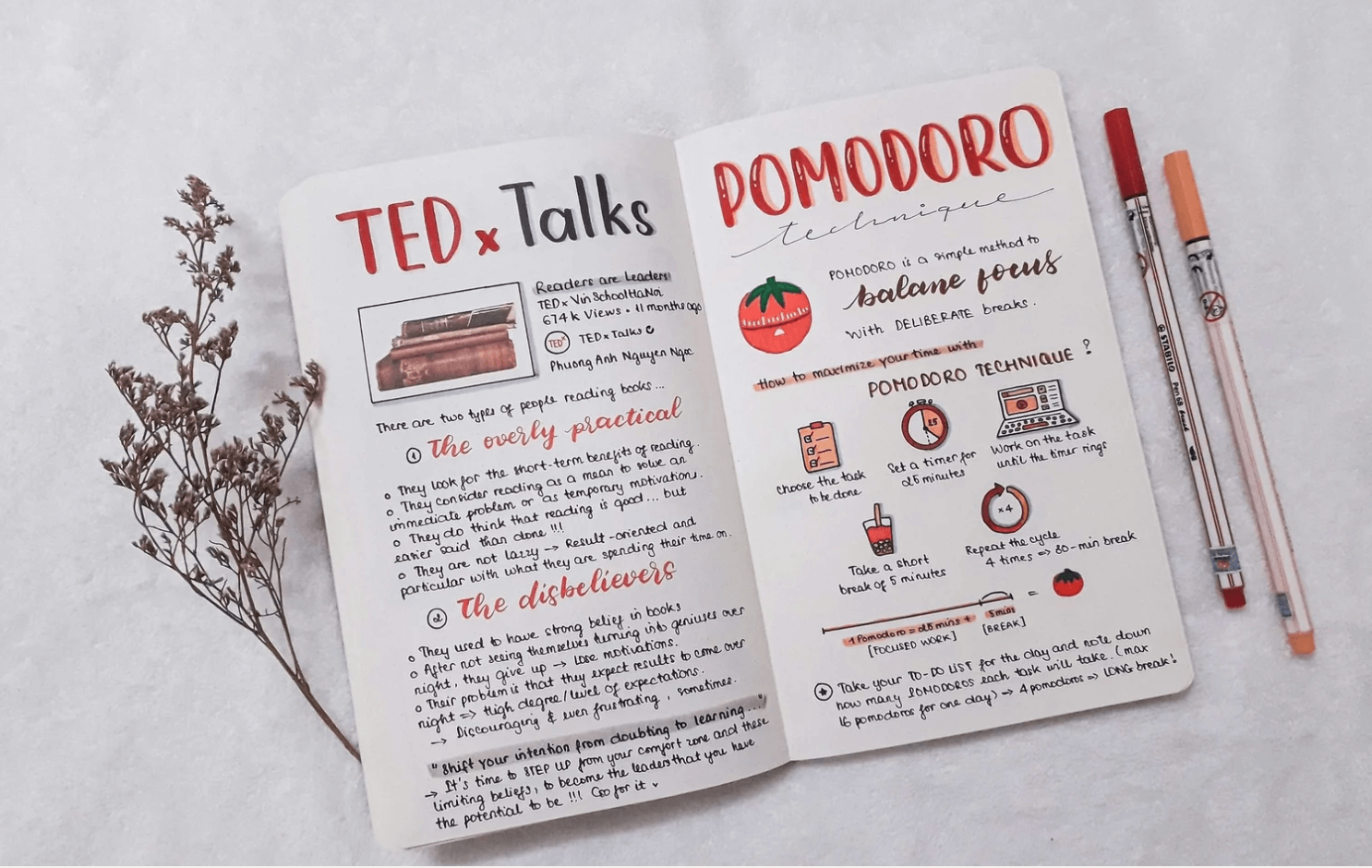Study Tips for College Students: 7 Proven Techniques That Doubled My Productivity
(This page includes affiliate links as part of the Amazon Services LLC Associates Program. This means that Intellectual Ignorance may receive a commission if you make a purchase through one of these links.)
Introduction: From High School Struggles to College Success
The last year of high school is still fresh in my mind.
The stress, the pressure to score well, and the endless attempts to manage my time.
I wasn’t the top student in class, but I was determined to improve. I researched and tested multiple study methods, I was really obsessed with breaking my old beliefs, that state that I cannot score good marks.
My efforts actally paid off and these methods helped me secure an A in my finals.
Now that I’m in college, I’ve refined those same techniques. They’ve become my go to, proven, and effective. With these study tips for college students, you can learn more in 6 hours than most do in 10.
1. The Hour of Power: One Focused Hour That Changes Everything
It is introduced by Tony Robbins and is about deep, uninterrupted focus for one hour. During this time, remove every possible distraction. Silence your phone, turn off notifications, and let others know not to disturb you.
How to Apply It:
• Prepare before you start. Keep water, snacks, books, notes, and your laptop nearby.
• Do one task only.
• Finish small chores before you begin.
Two or three hours of the Hour of Power in a day can raise your productivity. Research found that taking short breaks, ranging from a few minutes to under ten can significantly improves well‑being, creative performance, and efficiency.
2. Virtual Study Partners
When I started college, I missed having a study partner who helped me stay focused. Then I found virtual study partners. These are YouTube “study with me” sessions videos where people study silently on camera.
You feel like you are studying with someone who is also focused, but there is no talking or distraction. It helps if group study doesn't work for you.
Updated Tools:
• StudyStream – free 24/7 virtual study rooms used by over one million students worldwide.
• Focusmate – pairs you with real people for timed study sessions.
3. Pomodoro Technique: Customize It for Your Brain
The Pomodoro Technique, where you study for 25 minutes and take a 5-minute break, has been around for years. But everyone works differently.
I prefer the 50/10 version, which means 50 minutes of study and a 10-minute break. It gives me time to build focus before resting.
Try different timing patterns like 25/5 for short study sessions, 50/10 for steady focus and 90/15 (Ultradian rhythm) for extended creative work.
Updated Apps:
These apps help you track progress and visualize your study time. Combining Pomodoro with the Hour of Power helps you stay focused longer.
4. Sleep: The Hidden Edge in Studying Smarter
Sleep affects how well you study. I used to think staying up late was productive, but it made my focus worse.
A 2024 Stanford University study found that students who sleep 7 to 8 hours perform 20 percent better on memory tests than those who study late and sleep less. Sleep helps your brain store what you learn.
Try these habits:
• Stop studying one hour before bed and avoid screens.
• Keep your sleep schedule consistent, even during exams.
• Use calming audio on Endel or Calm to fall asleep faster.
• Track your sleep with Sleep Cycle (2025 update).
5. The Science of Light, Air, and Movement
Your study space should help your body and mind work together. A 2025 Harvard Gazette article showed that students exposed to natural light felt 30 percent more alert.
Practical Changes:
• Sit near natural light when you study.
• Use blue-light-blocking lamps like the BenQ ScreenBar Halo (2025).
• Open a window for fresh air to improve focus.
• Take a one-minute walk or stretch every half hour.
6. Define Your Goals and Reinforce Them with Affirmations and Faith
College brings constant pressure from exams, internships, and grades. Knowing your reason for studying keeps you grounded.
Ask yourself:
• What do I want from this semester?
• What grade or result matters most?
• Why does it matter to me?
Once you set your goals, repeat them daily. Positive statements such as “I will earn an A” or “I will manage my time well” strengthen confidence.
7. Nutrition and Hydration: The Study Fuel No One Talks About
Food and water have a significant impact on concentration and cognitive performance. Scientific studies, including a comprehensive review published in 2014 and experimental research documented in 2019, show that maintaining proper hydration improves attention, memory, reaction time, and overall cognitive function.
Dehydration, even in mild forms, can reduce alertness, increase fatigue, and impair sustained attention.
To support optimal focus during study sessions, it is helpful to keep water nearby and choose brain-friendly snacks like nuts, berries, or dark chocolate during breaks.
Additionally, replacing one coffee daily with water can help sustain mental energy over longer periods.
Final Thoughts
Studying well depends on focus and consistency, not long hours. These study tips for college students will help you work smarter.
Start with one method and see how it changes your results. Every hour of focused effort adds up.
Your grades reflect your habits, one study session at a time.
References
Albulescu, P., Macsinga, I., Rusu, A., Sulea, C., Bodnaru, A., & Tulbure, B. T. (2022). "Give me a break!" A systematic review and meta-analysis on the efficacy of micro-breaks for increasing well-being and performance. PloS one, 17(8), e0272460. https://doi.org/10.1371/journal.pone.0272460.
Sleep and Academic excellence: A deeper look. (2024, January 10). Lifestyle Medicine. https://lifestylemedicine.stanford.edu/sleep-and-academic-excellence-a-deeper-look/.
Mitchell, J., & Mitchell, J. (2025, August 27). What makes us sleepy during the day? Harvard Gazette. https://news.harvard.edu/gazette/story/2025/08/what-makes-us-sleepy-during-the-day/.
Zhang, N., Du, S. M., Zhang, J. F., & Ma, G. S. (2019). Effects of Dehydration and Rehydration on Cognitive Performance and Mood among Male College Students in Cangzhou, China: A Self-Controlled Trial. International journal of environmental research and public health, 16(11), 1891. https://doi.org/10.3390/ijerph16111891.








